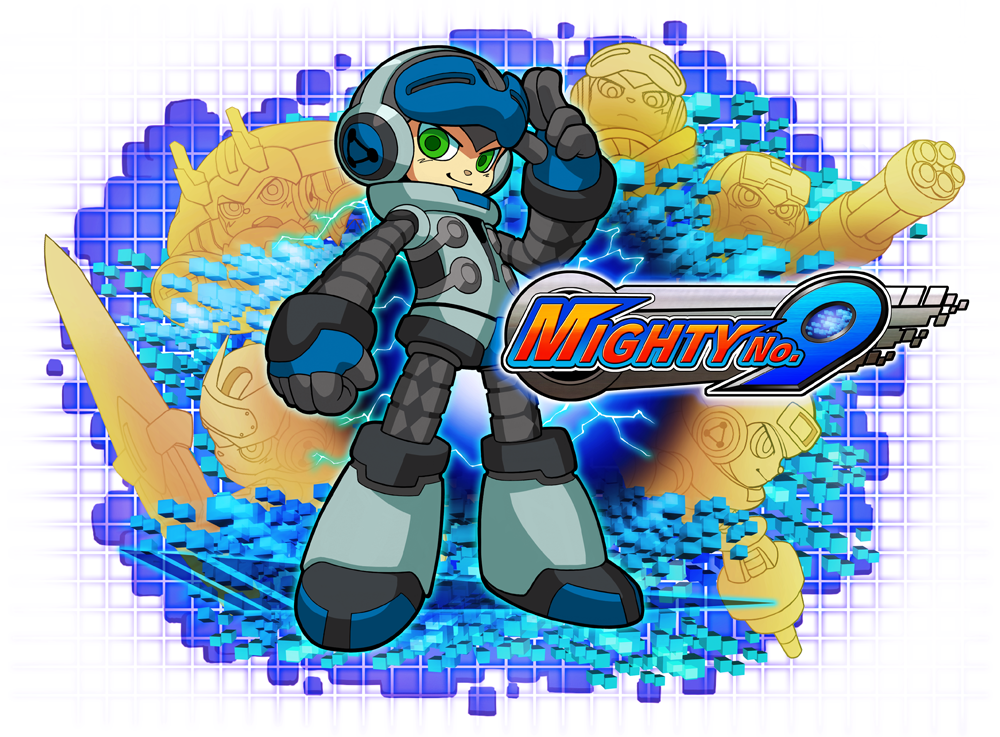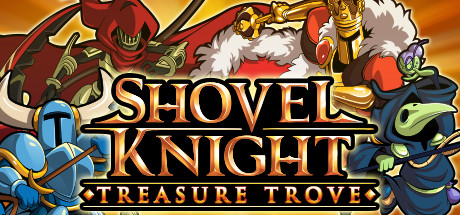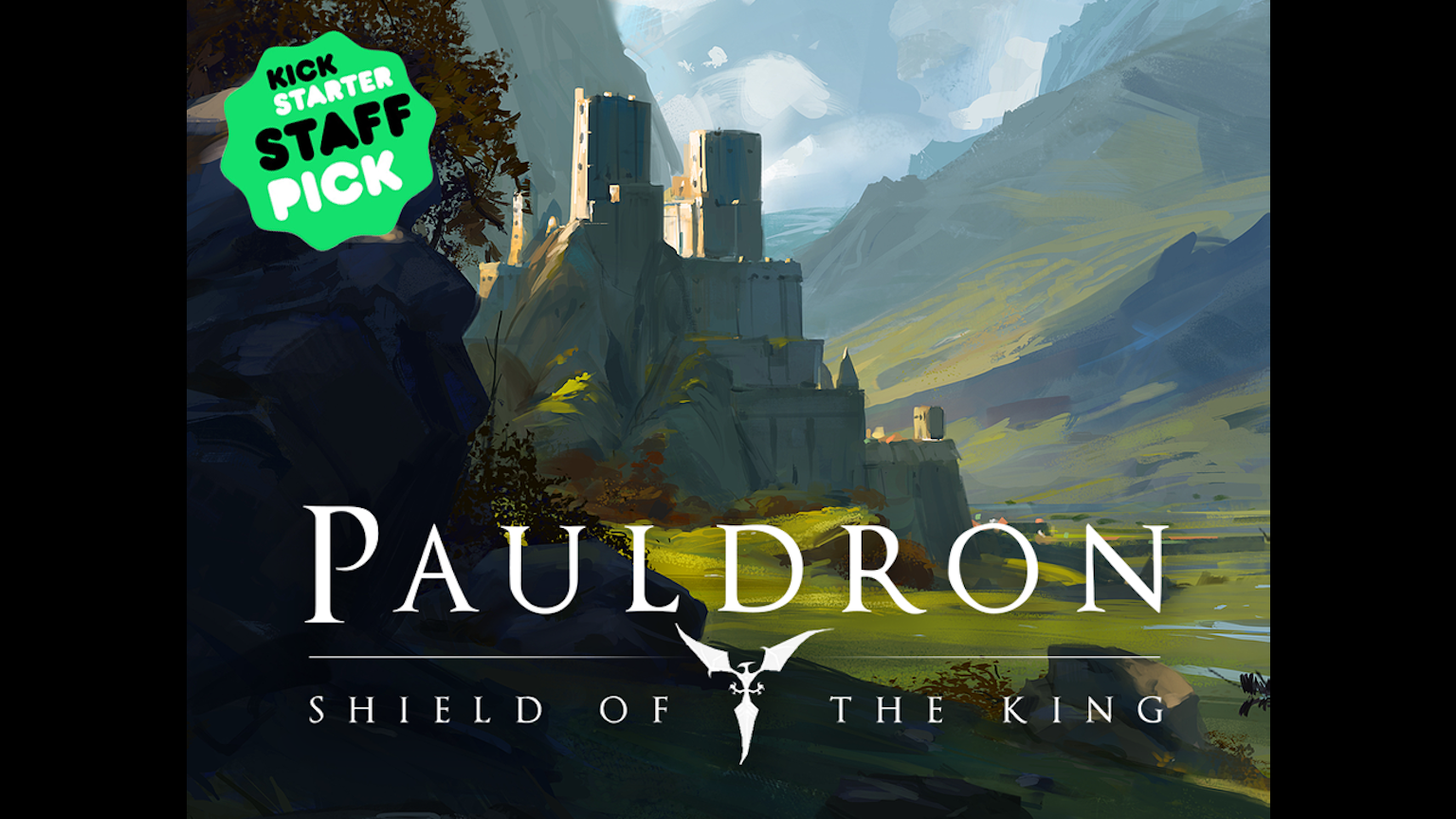if this article is too long, please ctrl+f/search 'tl;dr'
It's been a while since I've written for this blog. I turned out to gain *some* followers out of nowhere for various posts on here even though I never continue an idea on here, so here's a one-shot that I felt like writing before Today's grind.
What better topic to talk about than
oh
this is going to quickly be a regret, isn't it.
So for those who aren't as informed of gaming news, simple version put, four million dollars of investment money was thrown into a game and the game turned out to be abysmal as compared to what was expected. People have tackled every single other aspect of this, but I want to take on the topic of why crowdfunding can still be useful, and how to avoid donating to something like this in the future. I love analyzing game budgeting failure's... but this one is different.
This article is mainly kept in mind for people who are considering throwing a lot of money at a project in the future based on a similar hype - Here's a red flag raiser. Keep in mind, the worst apples are the most noticeable - We still got Shovel Knight, The Banner Saga, Shadowrun: Returns, Broken Age, Darkest Dungeon, Hyper Light Drifter, and Undertale thanks to Kickstarter (and other crowdfunding websites) and we've also got Bloodstained, We Happy Few, Indivisible (which has a demo!), Night in the Woods (which also has a demo!), Pauldron, Yooka Laylee, and Shiness just to name a few, I'd say that's a pretty good track record. Most of them didn't ask for nearly as much either!
Another thing about this article; there's going to be other games that don't follow everything listed on this here. Is it A-OK to invest into them? Well, it's your money, but I'm not saying that all these bullet points will be seen. In-fact, plenty of projects looking to be great or have already been released have totally off-handed these bullet points.
Here we go. Ten things we can learn. In which I'll try to keep these down to just one example,
1. Kickstarter (and every other crowdfunding company), in the end, is a company. Compare it to a retail company
Okay for the sake of my sanity: Whenever I say Kickstarter, assume I'm talking about all crowdfunding websites. Also, here's a fun drinking game for those at home: whenever I say Kickstarter, take a shot.
The game's industry generally works with this with say, your local gamestop (easiest retail for me to compare Kickstarter to):
A game is put out for sale. Said game generates, oh I don't know, a million or so in profits? Based on those profits, the company decides to make another game in the same suit.
Now, Kickstarter is a little bit different in this. The people behind it are more at step 2 without having step 1 - Basically asking for a sequel for something. Instead of the argument being appealing as "The first game sold profits, here's what we got!" or "Games like this sold before!" it's appealing to a base of "Here's what we've got so far!" instead of running through the original "man"
So Kickstarter is a lot more comparable to say, a local game retailer than you would think. This makes a few topics easier to cover later in this article. That's what it is by the end of the day - Nothing more, nothing less. While there are some things that can be fixed about the crowdfunding module, make no mistake, this has nothing to do with them. Remember this when throwing money at a project.
Continuing forward.
2. How far along are they?
This game here got to first playable. FIRST PLAYABLE. Before they asked for money. (the sequencing order is basically several prototypes -> First playable -> Alpha -> Beta -> Gold). Heck, by the looks, it had some looking Alpha. Meaning, not only did they ask for money when they needed to, they waited quite a bit longer than argued to be needed to. They made sure they had stuff to show. That's awesome.
...The problem with Mighty No. 9 (and this is where I can start to talk about it), on the other extreme, is that Mighty No. 9 was in conceptual stage. Conceptual stage. Meaning everything they showed could be subjective to change. How people threw more money at that than twenty other projects I can point out combined is a scary thought.
Regardless, point being, the more a project has to show for it, the more you know what the final product will be like. It's much less likely for something to change art style in this case rather than something that is conceptual, and you have much more of an idea of how it plays like.
3. Old dog doesn't know all the tricks.
shovels
"But, Mighty No. 9 has all the original people involved that made Mega Man! Why wasn't it better than this?!"
The old dog doesn't know all the tricks. It knows the old tricks, and even that can't be reaffirmed. Here's a quick bullet point list:
- What have they worked on recently?
- What is their track record for delivering without the control of a publisher?
- How much do they still understand about why the previous one was successful?
- And remember, the old dog doesn't know more than the new dog, it's just done the tricks before. Just because it's done a trick doesn't mean it'll remember it.
I'll cover this more later but moving forward.
4. Spread your resources; don't concentrate your resources
Okay, so at least four of you comedians donated how much money again? ten thousand dollars to Mighty No. 9? You know what you could have done?
you could have funded faster than light in it's entirety with all that money
No really, I'm not even joking. FTL (Faster than Light) had a Kickstarter that had a goal of 10,000. Why concentrate your resources? Cash is limited. Is dinner with whatever developer really worth not funding, say, 10 other games instead Or even 100? Dare I say it, a thousand?
Okay, maybe that's a bit ridiculous, but regardless, so many more of those projects can get funded. What if you're worried that say, a project won't be able to get funded?
If you spread the word of good projects instead to friends, it'll mean so much more than just throwing money at it (okay maybe not from a tax standpoint but that's a rabbit hole). Let's just say, I have 150 dollars. I could throw it at one Crowdfunding campaign, or I could spread my resources to ten and get other people invested in the ones I'm really excited about.
Let's just say about all of those achieve 50 bucks and some word of mouth along with those 15 bucks I'm throwing at each one. That's a better bet than concentrating resources: Why? Well, if I'm smart about it, more of those (if not all) will turn out to be good and I'll get a better bang for my buck.
From a person doing a Kickstarter's point of view, # of Backers is also a thing to get very pleased with. What if a game had a million backers? The best part of that is, companies don't even have to get focused with the stress of achieving backer rewards.
I'm being a bit hopeful, but you get the idea. I list this one because this is the main way to prevent having to take damage control.
5. Read everything. Just read everything. You're throwing money at it.
this didn't even get the money it took for a dinner with the mighty no 9 guy
Pauldron was a good Kickstarter textbook example of "Doing Video/Text right" because everything was clear and concise in terms of video content and text content. Everything is clear, not flashy, and not distracting at all. Which, I've noticed people tend to ignore text content from hype, but, while we're at that, watch video - If you just watch video, Mighty No. 9 raises all the red flags. There was only concept art shown that even had the "COULD BE CHANGED IN FINAL GAME".
Continuing from that,
https://www.kickstarter.com/projects/mightyno9/mighty-no-9/description
Just try reading the text yourself. It's a mess. One example (which I could be wrong on) about promising the artstyle they did, well,
If you zoom in,
"Note: All images on this page are concept art and not actual in-game screens."
r-e-d
f-l-a-g
6. How much involvement people have/people have had?
this blog just dives further into the rabbit hole
Meanwhile this game right over here, well, the talent is definitely different from looking at it and where it's spread. For starters, no producers (as aforementioned) on it. That certainly takes something.
Now I'm not saying a producer can't be a great project lead; quite the opposite. What I'm saying is "From the mind that brought you Mega Man" is kind of the equivalent of Donald Trump saying "From the orange hair that innovated politics".
This one hurts my brain a lot, but point is, doing homework can help. Maybe if you're donating just pocket change, sure, but 150? I'd do homework.
7. What are they focused on? Also syndrome of 'focused project'
This game had a sequel already. Let's start there.
Here's what bothers me: When a kickstarter is clearly more focused on being flashy (Having stuff to show ASAP), stretch goals, and rewards, it should be a problem.. I'll hit on these step by step (that banner saga promptly avoids, among many other kickstarters)
-Stretch Goals
Yes, you need stretch goals, but how much of them will come at the sacrifice of the project? Every game is going to have stuff they can't complete. Cut losses early. Backer beware if the scope isn't focused.
-'Community Involvement'/Backer Rewards
I get hesitant when I see an absurd amount of 'You help us make the game!' - Are you telling me you didn't come to the table already pretty clear on what you want to do with ideas? Backer Rewards are another rabbit hole too because a focus can turn more invested on delivering those than actually delivering us what we're paying for - A wonderful game off of Kickstarter.
-This obsessive need to show.
I have this a bit in my system too. I was going to take time out of my schedule to do a monthly blog series. You know why I don't? It's a time killer. A significant time killer.
If you see these on projects, be speculative. Don't just accept whatever they're giving you as an answer, especially if, once again, you're throwing more money than you expected at it.
8. Soonest they're offering a demo?
this crowdfunding campaign literally offered it out of gate without the need to even back it
Let's just say these two crowdfunding campaigns launched at the same time and I only wanted to donate 80 dollars to one of them.
Indivisible is presenting a good argument - I can try it for free, and even if I don't like it, I could throw that at Mighty No. 9. There and simple. It already has an objective upper hand without knowing.
Continuing forth,
9. How much are they asking/why?
the pitch for why they needed money asides from rent is literally "we need to pay unity licenses"
At least with Broken Age, Tim actually got rejected from publishers already upon presenting the idea so Kickstarter was his only option. Keiji was clearly not in that same boat - Red Ash got full forwarded funding even when it's kickstarter failed (the failed kickstarter after Mighty No 9 wasn't even finished yet). Another disappointing thing was they talked about needing a lot of money, but unlike say, Night in the Woods, where that money exactly was going? Who knows. I mean most of it goes for paying a living I figure, but then there's so many other factors to tie in for that it clearly shows they didn't run estimates enough.
So how much are they asking for?
I'm not saying 10 million is unrealistic. I have an idea on my shoulders that's my magnum opus that I could see myself coming to the table in a distant future talking about that type of money. I'm just saying, the more money is generally proportional to how speculative you should be. Sometimes same with too little, but it's less on the figure and more on this end:
Why?
Many of these projects I've mentioned, among others, have clear evaluation of WHY they are needing to go on crowdfunding - Maybe it's not their only option? In many cases still, it's sure their last.
10. An investment is an investment.
I hate ramming this point into the ground again but it is what it is (I ran it over with 1 and 4).
here's a run in I had at a gamestop in November:
My partner in crime/creative partner/etc and I (we haven't committed any crimes yet) ended up going to a GameStop. There was a deal going on on old games. Simply put, we walked out of the store with about 12-14~ games for less of the price than a person walked out with three Amiibo. Said Amiibo ended up going on sale for significant portions of that later.
I'm not trying to inherently compare the two - It's just an interesting run-in, I have plenty of collectibles myself. I'm just saying that sometimes patience and thinking of how to get the most with your buck can go a long way. I've even been shot in many cases of this.
conclusion
The position that changes from the perspective isn't much: In the cutthroat entertainment industry, whether you're buying a game or buying a game that has yet to release, you're still speaking with numbers and your wallet. I'm not here to berate on the people that donated to Mighty No. 9 - The damage is done. I'm here to see us use Mighty No. 9 as a learning tool to avoid more cases of Mighty No. 9 for both Backers and Creators (myself included) and benefit as many people as possible.
I don't claim to be the source of truth either. There's a lot we have yet to learn about crowdfunding too, but I hope you all gained some reflection out of it and maybe some laughs.
tl;dr:
- There are many games that don't follow every bullet point. Be cautious of Red Flags more.
- Kickstarter, at the end of the day, is closer to retail than you would think
- How far along is the project? How much are they showing?
- Just because it's an old name on it doesn't mean they know all
- Don't put all your eggs in one basket with crowdfunding but be sure to spread knowledge of eggs.
- Read everything. Watch everything. The KS page is there for a reason.
- How much involvement did they have with previous projects? What was their role?
- What is the campaign focused on? Where are resources going?
- When are they offering you a demo? Or even footage?
- How much are they asking for? Why?
- An investment is an investment. Patience can rule all.
- At the end of the day, let's use Mighty No. 9 as a learning tool for what to do/what not to do when running/backing a crowdfunding campaign. I don't claim to be the end all, know all: I'm just trying to learn like all of you.
- Thanks for at least reading this.










No comments:
Post a Comment